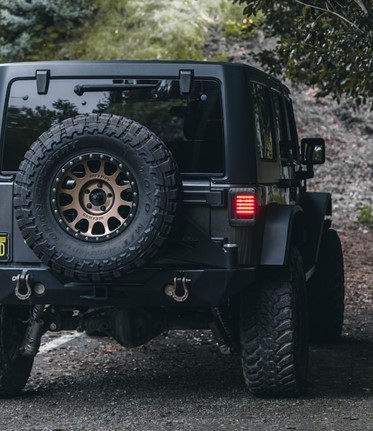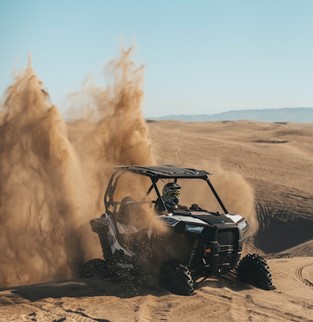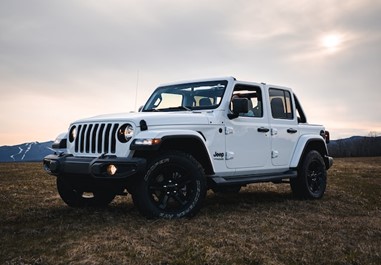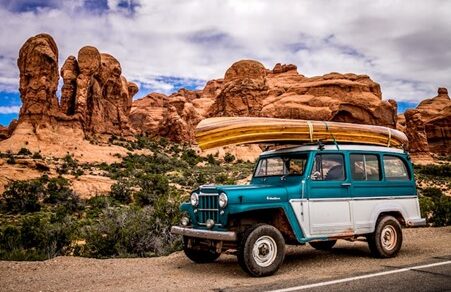
Off-roading gives adrenaline junkies the chance to explore the world’s hidden (but less-travelled) gems. However, there’s a decision standing in the way of experiencing these wild joys — ATV or Jeep?
Both iconic wheelers are designed with rugged adventuring in mind, boasting the ability to traverse any terrain effortlessly with responsive controls and agile handling. Despite these similarities, choosing between the two is challenging. ATVs are compact, ensuring no path is too narrow or forest too dense. Jeeps are convenient and comfortable with spacious seating, advanced tech, and climate control.
While it’s ultimately about personal preference, Richard Kane Mansir says that understanding the differences ensures soon-to-be off-roaders make the right decision for them and their outdoor activities.
Safety Considerations
Jeeps are cars, meaning they are subject to regulations and monitoring by the National Highway Traffic Safety Administration (NHTSA). Drivers and passengers are kept as safe as possible, due to the installed airbags, crumple zones, and large chassis. They’re designed to save lives during head-on highway collisions.
All-terrain vehicles, on the other hand, don’t have such safety features. Although, they do have seatbelts, roll cages, and safety mechanisms that restrict speeds whilst riders aren’t wearing seatbelts. Regardless, they aren’t made to withstand the same impact as a Jeep.
Street Legality
Jeeps take drivers from the highway to the trail with ease, provided all the paperwork is properly signed, of course.
This is true for ATVs in some states. However, most areas don’t allow stock-configurated all-terrain vehicles on the road. Owners are often required to fit windshields, headlights, and a few other necessities by law before driving it on the highway. If these conditions aren’t met, adventurers are forced to take their ATV to the trail by trailer or truck.
Durability and Maintenance Necessities
Durable and low-maintenance are two words associated with the Jeep. No matter the terrain’s toughness, Jeeps can handle it, thanks to their sturdy construction.
ATVs offer almost the same level of durability. However, they fall short in the reliability category. While Jeeps are well-known for their long life and ability to endure wear and tear, ATVs aren’t so fortified.

Comfortability Factors
All-terrain vehicles simply can’t compete with Jeeps in the comfort category. For those who want to go off the beaten track without a sore behind, the Jeep wins every time, and here’s why:
- It comes with a bunch of technology to enhance convenience and enjoyment (e.g., the infotainment system, Bluetooth, and advanced navigation).
- It boasts ample legroom and headspace for drivers and passengers alike. Not to mention the cargo space!
- Depending on the model, it can have foldable soft tops or removable roofs for the open-air experience.
Budget Needs
At the end of the day, money is often a determining factor — without enough cash or the ability to afford finance, Jeeps are out the question. They can put a massive $30,000 dent in bank accounts due to all the mod-cons.
Meanwhile, ATVs go for around $10,000, making them a much more affordable offroad vehicle.



